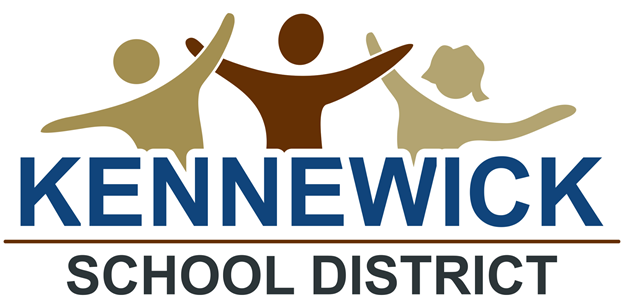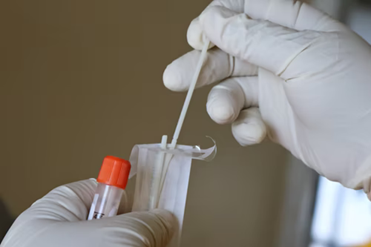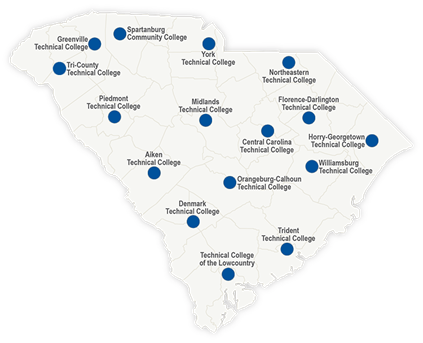State education department hoping to change the way schools are funded - By Jordon Brown, WATE
Through a series of town halls, the Tennessee Department of Education is looking for feedback from parents and educators across the state. The goal is to get more funding circulating to the districts in need.
Gov. Lee announced Oct. 8 his plan to rework the Basic Education Program, or BEP, formula. Education Commissioner Penny Schwinn was in Knoxville on Tuesday to talk about what a new funding formula should prioritize and how it should work.
“Right now we have what’s called a resource-based system, and that’s what we heard earlier which is about student counts and ratios,” Schwinn said. “So a certain number of students generates a principal.
“What we’re talking about is a student-based formula. So that means for all of your children in a school system — whatever each individual child’s needs are that’s what would be funded and that altogether is what would fund the entire district.”

How virtual schools built to outlast COVID give districts a competitive edge- By Matt Zalaznick, District Administration
The COVID experience convinced Kennewick School District in Eastern Washington to open an alternative high school-based online program for all students in the system.
Endeavor High School allows students to fully enroll online or blend online and in-person instruction. The equivalent of about 155 full-time students are enrolled, Superintendent Traci Pierce says.
The district is now providing options to families wary of COVID’s ongoing disruptions and working to prevent students from leaving for other schools or districts that may have more flexible learning alternatives, Pierce says.
Kennewick also added an online component to a K-8 program that allows homeschool families to access district instruction. Homeschool students may take math and English at home but enroll in district P.E. and art courses, she says.
“It helps break the mold of it’s got to be one-size-fits-all for every student and family,” Pierce says. “The last year and a half has really pushed the thinking of districts all across the country.”

Chicago moves to offer increased COVID testing in lieu of student quarantine- By Mauriclo Pena, Chalkbeat
With a pediatric vaccine on the way and improvements in its rocky rollout of COVID-19 testing, Chicago Public Schools will move to eliminate quarantines for students who agree to be tested, CEO Pedro Martinez said Tuesday.
The district plans to launch a test-to-stay pilot program that would give unvaccinated students exposed to COVID-19 the option of frequent testing to stay on campus, said Martinez, who appeared alongside the city’s top health official, Dr. Allison Arwady.
The district plans to use school-based COVID testing “to really look at how we minimize quarantine,” Martinez said. “The biggest concern I’m hearing right now is that we are quarantining too many children.”
As of Tuesday, 3,754 students and 121 staff were quarantined, according to the latest figures presented by district officials. Currently, Chicago requires unvaccinated students to quarantine for 10 days after known exposure to someone who has tested positive for COVID. Under CPS policy, that is defined as being within 6 feet of a person with COVID for 15 minutes or more, with or without a mask.

S. Carolina governor: Pandemic cash for free 2-year degrees - By the Associated Press on WTOP.com
South Carolina Gov. Henry McMaster wants to spend the last $17 million of his COVID-19 education relief money to fully pay for anyone to go to a technical college for two years to train to enter high demand jobs.
The governor plans to make the announcement Wednesday afternoon at a factory in Duncan. His senior education advisor and the president of the state’s 16 technical colleges spoke to The Associated Press about the plan Tuesday.
“This will provide high-demand, high-skilled job training in areas like health care, manufacturing, IT and construction,” South Carolina Technical College System President Tim Hardee said.
McMaster wants to help up to 15,000 people by paying for the tuition, fees, textbooks and materials for associate’s degrees, but to continue the program, he will need the General Assembly to add $124 million, said Melanie Baron, the governor’s senior education advisor.












